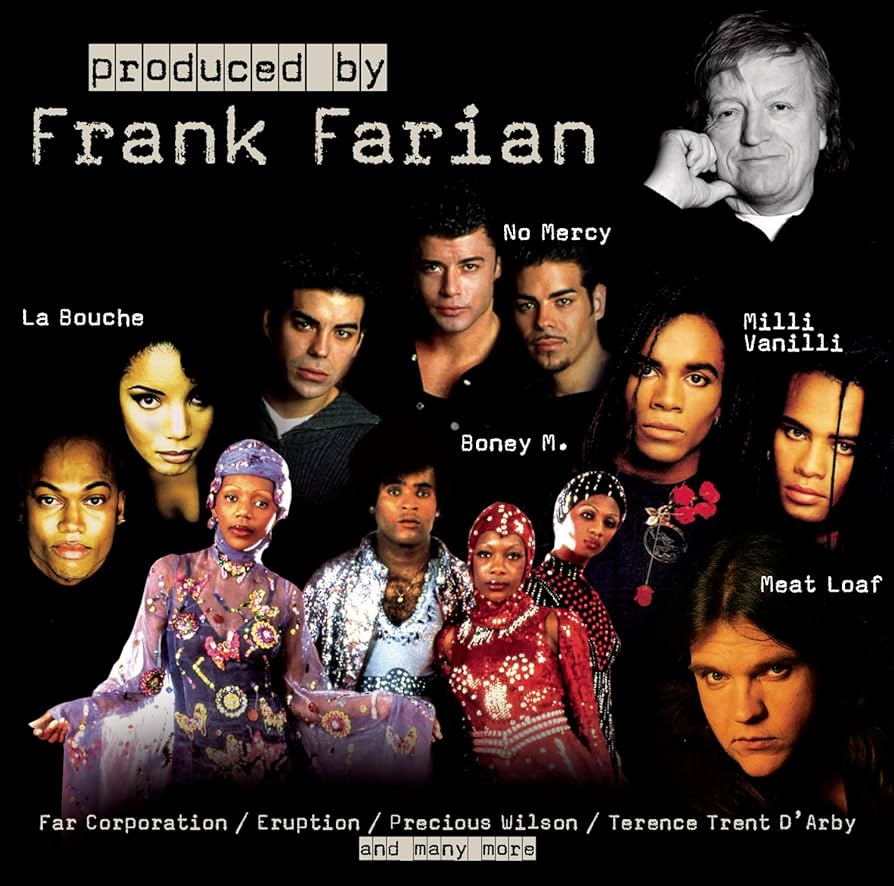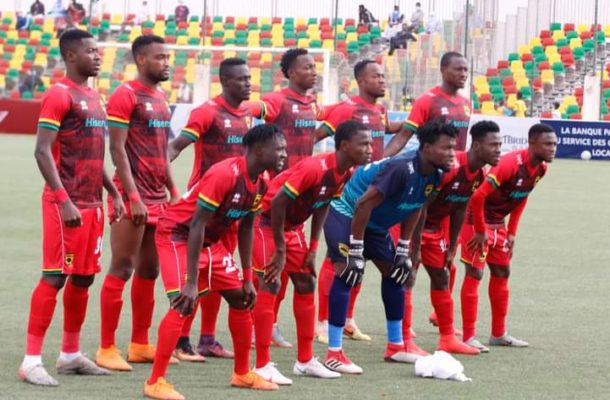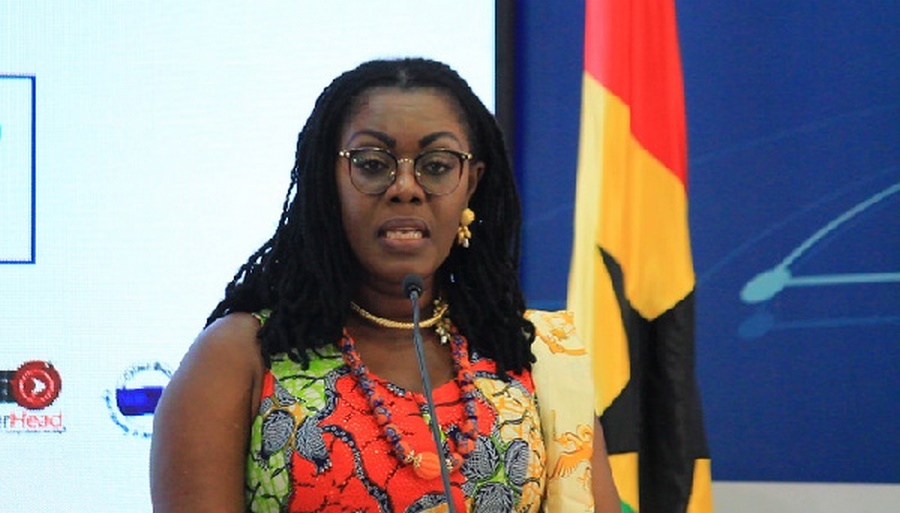
A cursory check on the internet asking for individuals recognized as founders, would put Dr Kwame Nkrumah in a league of individuals or groups credited as people who have helped define a nation or founded it.
For a good part of the last 67 years, a lot of citizens of this country both old and young have learnt of Osagyefo Dr Kwame Nkrumah’s role in the fight for independence.
He was often referenced as the founder of the country, Ghana.
To consolidate that reference, 21st September, Kwame Nkrumah’s birth date was declared a public holiday by the then President, John Evans Atta Mills; and named Founder’s Day.
That day has since become a commemorative day until a new date August 4, the founding date for Ghana’s first political party, the United Gold Coast Convention (UGCC), was made Founders’ day, encompassing every individual who may have played a role in the country’s struggle for self-governance.
Well, since this change, the debate about who really should be credited as founder or founders of the country, has lingered on.
A section of public opinion is that the current president, Akufo-Addo is trying to settle a family score and inadvertently rewrite history.
But what does history really say?
That before the formation of the United Gold Coast Convention (UGCC), there had been several struggles by indigenes of this land for independence.
But in the era leading to independence the UGCC leadership invited Kwame Nkrumah to be General Secretary.
That he later disagreed with the party’s seeming slow approach to gaining independence.
And that his believe in an immediate action for independence catapulted a country, once a colony of the British into independence on the 6th of March 1957, a piece of history the Founder of the Pan African Heritage Museum and the African University College of Communications, Kojo Yankah, has recounted.
Clearly, there’s no denying the fact that Kwame Nkrumah was the figure head the British dealt with, who became the country’s first prime minister and later the first president of Ghana.
History also has it that there was bad blood between Nkrumah and some members of the big 6 six or the UGCC, which included the president’s late uncle JB Danquah, a learned lawyer.
But the only reason why this keeps coming up is because people who belong to the party and lineage, who had wanted a slow approach to gaining independence do believe that, at no point in time could that one singular moment of history where Nkrumah led the country to democracy be seen as the founding moment of this nation.
Well, in every history there’s an epicenter where someone leads, like in the case of Christopher Columbus who found the land which is now known as America; and David Dacko has been outlined in the constitution as being the founding father of the Central African Republic.
Well, as long as the New Patriotic Party and National Democratic Congress rotate in government, and the ideologies that birthed them remain same, this back and forth might not be settled.
One of such approaches might be to have the founder or founders enshrined in our constitution through a referendum than leave it to the whims and caprices of the man at the helm of affairs at the Jubilee or Flag Staff House at anytime.
Whatever the case may be, it remains that the founder with an apostrophe ‘s’ or the founders (s apostrophe) would keep changing as a when governments change.
The post Explainer: Settling the Founder-Founders debate first appeared on 3News.
Read Full Story










Facebook
Twitter
Pinterest
Instagram
Google+
YouTube
LinkedIn
RSS